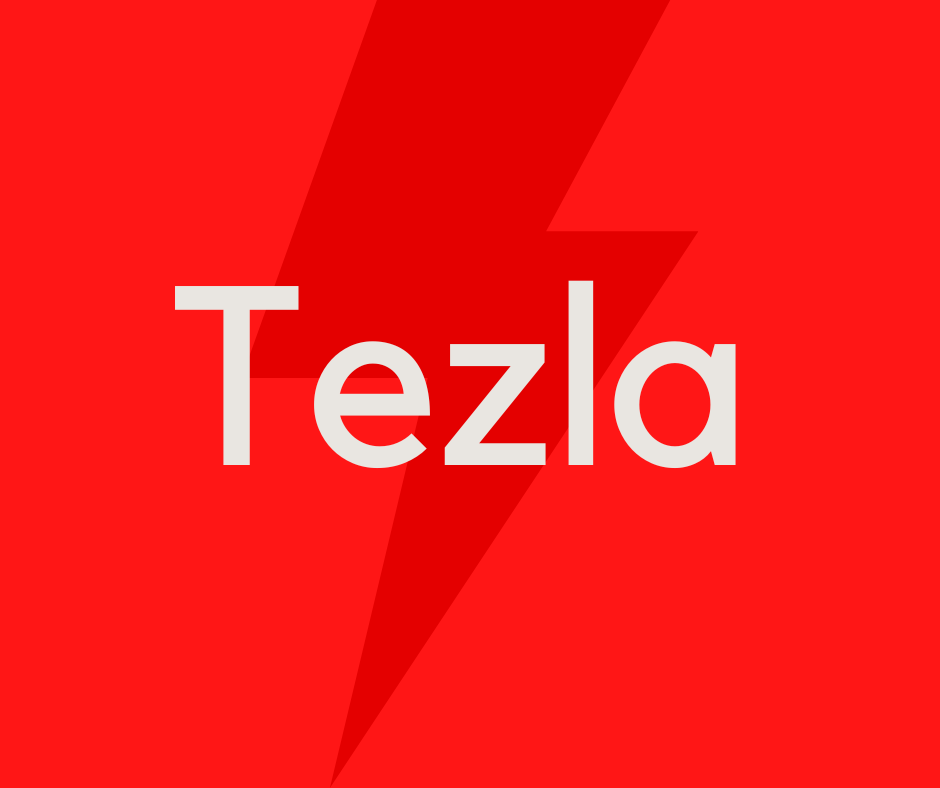The Future of Advertising: AI-Powered Creativity and Audience Insights
- MOHD EZLI MASHUT

- May 5, 2024
- 4 min read

By : Mohd Ezli Mashut & ChatGPT
Introduction:
ARTIFICIAL INTELLIGENCE | In the ever-evolving landscape of advertising, one factor stands out as a game-changer: artificial intelligence (AI). AI is revolutionizing the way businesses understand their audiences, create compelling content, and optimize their advertising strategies.
In this comprehensive exploration, we delve into the future of advertising, focusing on AI-powered creativity and audience insights. Specifically, we'll examine how AI enhances understanding on social media and search engines, and how it boosts business productivity.
Understanding Audience Insights with AI:
1. Data Mining and Analysis:
- AI algorithms can sift through vast amounts of data from various sources to extract valuable insights about consumer behavior, preferences, and trends.
- Example: Social media platforms generate immense amounts of user data daily. AI tools can analyze this data to identify patterns in user engagement, sentiment analysis, and content preferences.
2. Personalized Recommendations:
- AI-powered recommendation engines utilize machine learning algorithms to deliver personalized content and product recommendations to users based on their past behaviors and preferences.
- Example: Netflix's recommendation system suggests movies and TV shows based on viewing history, ratings, and similar users' preferences, enhancing user engagement and retention.
3. Predictive Analytics:
- AI algorithms can forecast future trends and consumer behavior with remarkable accuracy, enabling businesses to anticipate market demands and adjust their advertising strategies accordingly.
- Example: E-commerce platforms use predictive analytics to forecast sales trends, inventory management, and personalized marketing campaigns.
Boosting Insights on Social Media:
1. Audience Segmentation:
- AI algorithms can segment audiences based on various demographic and psychographic factors, allowing businesses to tailor their advertising content to specific audience segments effectively.
- Example: Facebook's ad targeting options leverage AI to segment users based on age, location, interests, and behaviors, ensuring ads reach the most relevant audience.
2. Real-time Social Listening:
- AI-powered social listening tools monitor conversations and trends across social media platforms in real-time, providing valuable insights into brand sentiment, competitor activities, and emerging topics.
- Example: Brands use social listening tools like Hootsuite and Sprout Social to track mentions, hashtags, and keywords related to their products or services, enabling timely responses and strategic adjustments.
3. Content Optimization:
- AI-driven content optimization tools analyze engagement metrics and user feedback to optimize social media content for maximum impact and relevance.
- Example: Buffer's Pablo tool uses AI to suggest image enhancements and text overlays for social media posts, improving visual appeal and engagement rates.
Enhancing Insights on Search Engines:
1. Semantic Search:
- AI-powered search engines utilize natural language processing (NLP) algorithms to understand the context and intent behind user queries, delivering more relevant search results.
- Example: Google's RankBrain algorithm interprets the meaning behind search queries and adjusts search results based on context, user history, and search patterns.
2. Voice Search Optimization:
- With the rise of voice-activated devices and virtual assistants, AI plays a crucial role in optimizing content for voice search queries, which often differ from traditional text-based searches.
- Example: Businesses optimize their website content for voice search by incorporating conversational keywords, long-tail phrases, and natural language patterns to align with how users speak their queries.
3. Predictive Keyword Research:
- AI-driven keyword research tools analyze historical search data and user behavior to predict future keyword trends and identify high-potential keywords for SEO and advertising campaigns.
- Example: SEMrush's Keyword Magic Tool uses AI to generate keyword suggestions, estimate search volume, and assess keyword difficulty, helping businesses prioritize their SEO efforts effectively.
Boosting Business Productivity with AI:
1. Automated Ad Campaign Management:
- AI-powered advertising platforms automate various aspects of ad campaign management, including ad creation, targeting, optimization, and budget allocation, freeing up marketers' time for strategic planning and analysis.
- Example: Google Ads' Smart Campaigns use machine learning to automatically optimize ad performance based on predefined goals, such as maximizing conversions or increasing website traffic.
2. Predictive Customer Support:
- AI-driven chatbots and virtual assistants provide instant support to customers, answering queries, resolving issues, and even completing transactions autonomously, leading to improved customer satisfaction and operational efficiency.
- Example: Chatbot platforms like Drift and Intercom use natural language understanding (NLU) algorithms to engage with customers in real-time, offering personalized assistance and recommendations.
3. Dynamic Pricing Optimization:
- AI algorithms analyze market dynamics, competitor pricing strategies, and consumer behavior to optimize pricing in real-time, maximizing revenue and profitability for businesses.
- Example: Dynamic pricing solutions like PriceLabs and Perfect Price use AI to adjust prices dynamically based on demand fluctuations, inventory levels, and competitor pricing changes.
Conclusion:
As AI continues to advance, its role in advertising will become increasingly indispensable. By harnessing AI-powered creativity and audience insights, businesses can create more relevant and engaging advertising content, target their audiences more effectively, and optimize their advertising strategies for maximum impact.
Moreover, AI-driven tools and platforms enhance business productivity by automating repetitive tasks, providing predictive analytics, and enabling data-driven decision-making.
As we embrace the future of advertising powered by AI, businesses stand to gain a competitive edge in an increasingly digital and data-driven marketplace.




Comments